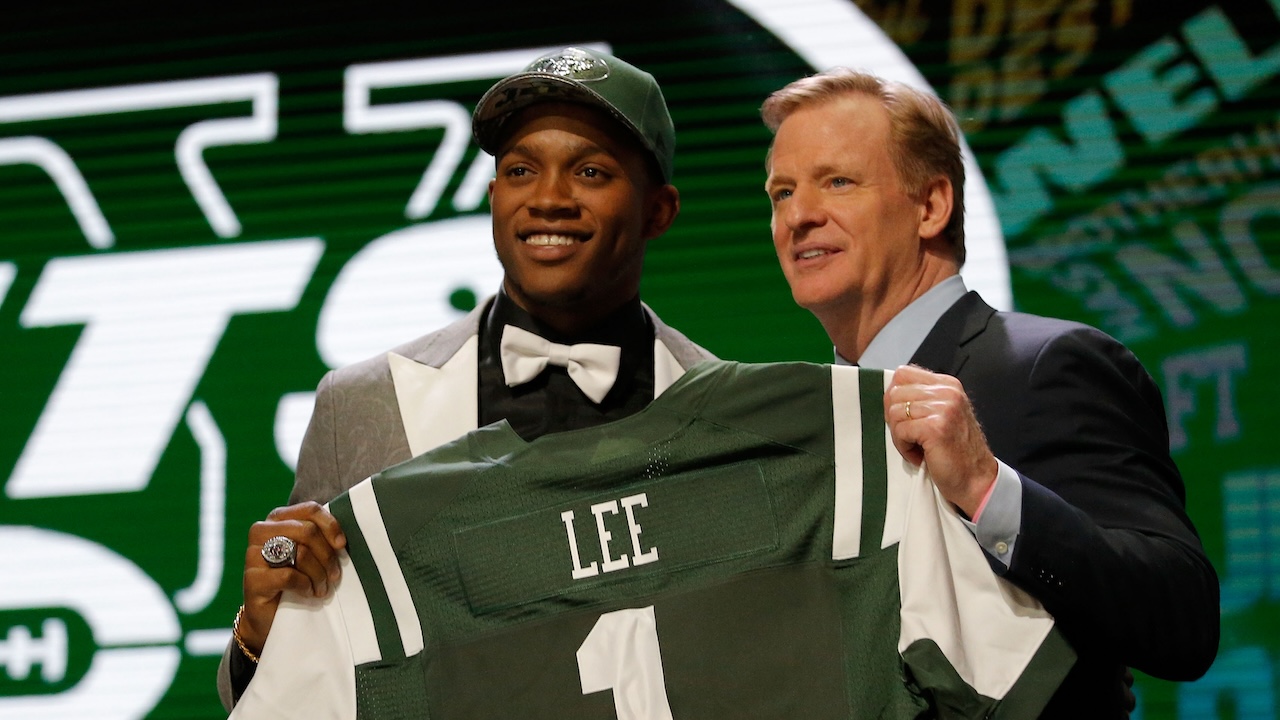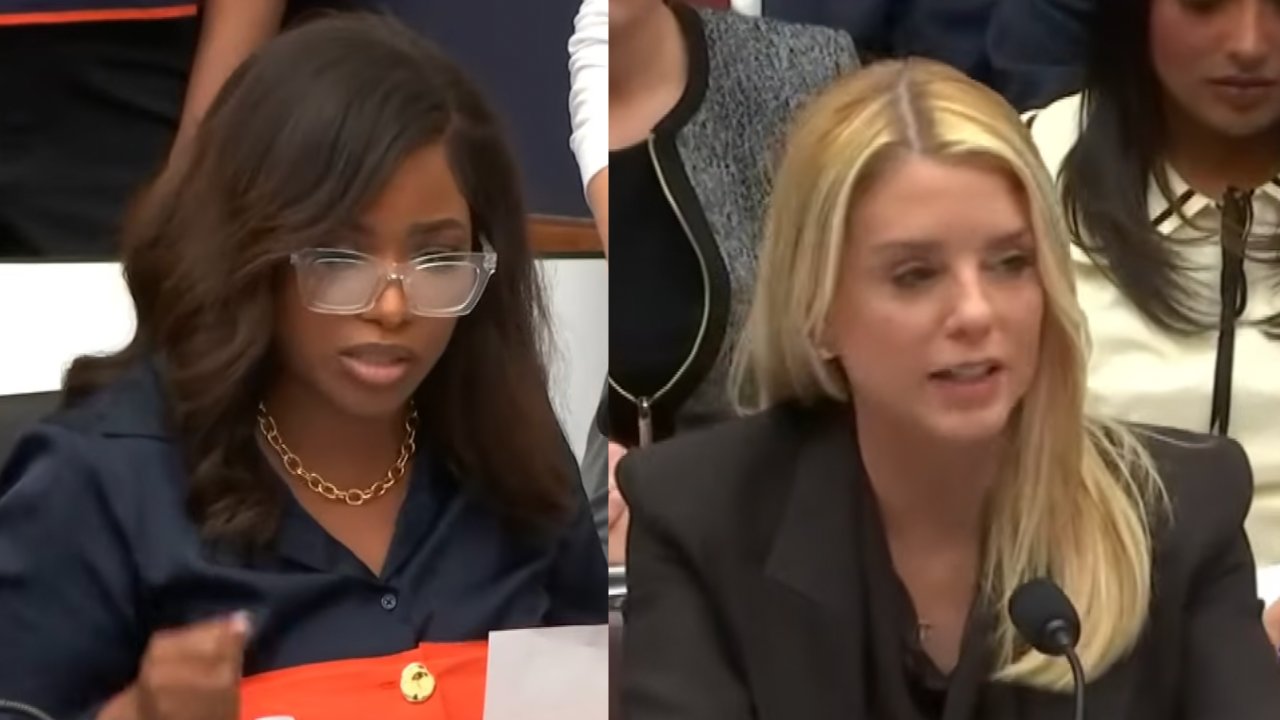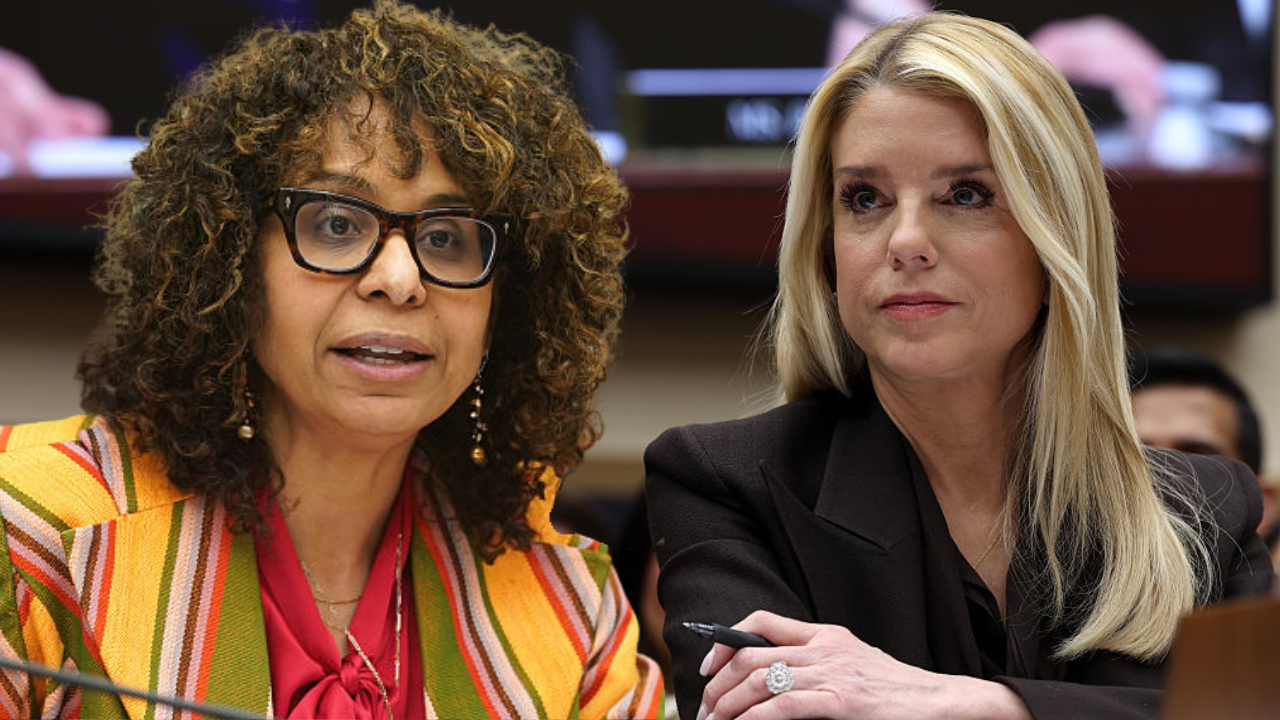‘Revolt of the Black Athlete’ author Dr. Harry Edwards says a new equality movement is coming to sports and the nation

It’s a new school year and college football, the highest revenue-generating sport in collegiate athletics, is back. The second-highest moneymaker — basketball (men’s and increasingly women’s) — is just a few months away.
After off-seasons divided by NIL chaos — lawsuits, labyrinthine rules, a presidential order promising administrative oversight in an America roiled by partisan tumult — there are those who insist that spectacle, zealotry, and go-fight-win! rituals of big-time college sports will hold sway. That sports can — if not unify the country even temporarily — at least remain widely and intentionally walled off from our larger cultural and political churn.
But Dr. Harry Edwards, who pioneered the sociology of sports and who, for more than six decades, has provided the historical framing, intellectual heft and counsel behind iconic protests and expansive NFL, NBA and MLB initiatives, contends that’s a misapprehension of the role of sports in society historically. And in this moment.
“Sports recapitulates society,” Edwards told Andscape. “It is a functioning institution of society.” From Civil Rights to Black Power to Black Lives Matter, “when an idea, when a movement has been generated — inevitably, unavoidably — it comes to be reflected in sport.”
And according to him, the next new movement is coming.
Edwards led the Olympic Project for Human Rights that gave the world the black-gloved, raised fist protest by U.S. sprinters Tommie Smith and John Carlos atop the medal stand at the Mexico City Olympics in 1968. The following year his book, The Revolt of the Black Athlete, argued that Black athletes had always been powerful agents in the social, racial and political movements that changed America.
He contends now that a new activist era — one built on cohesion and coalition — is at hand, and that the forces that produce that movement will give rise to new leaders, and, as it ever has been, some of those leaders will be athletes.
“We may not see leadership coming,” Edwards, 82, said, “but I guarantee you one thing: As far as this movement, this era is concerned, she is on her way.”
For the first installment of our series examining issues of college choice for Black student athletes and their families, Recruiting While Black, Dr. Edwards spoke with Andscape about the broad history of the activist athlete, the particular role the Black college athlete can play, and how he thinks those two things will converge again in the not too distant future.
This interview has been edited for length and clarity.
You were a student athlete/activist and also studied athletes whose activism changed sports, the nation and put the struggles of Black people before the world. When you recount stories of Jackie Robinson, Wilma Rudolph, Muhammad Ali, Mahmoud Abdul-Rauf, Colin Kaepernick, the 2015 Missouri Football team, Maya Moore and others too numerous to name, what do you think the chances are that this generation of young Black athletes will follow in their tradition? Will they decide not to play ball in states where their cousins can’t vote?
At the end of the day, it’s the conditions that generate the change. Unless the athletes are organized, and unless the conditions have generated a movement and the leadership to articulate it, then there’s no hope of getting anything going in terms of that level of change. You go back to the post-World War II years, it was the Civil Rights Movement that generated these athletes — Jackie Robinson, Larry Doby and so forth. You go to the age of national segregation and you had Elgin Baylor refusing to play after he was refused service at a West Virginia restaurant. You had Bill Russell and those players who boycotted a game in Lexington, Kentucky and flew back to Boston rather than remain and play after their teammates encountered discrimination. You had the Black Power movement come along with Stokely Carmichael and H. Rap Brown and the Olympic Project for Human Rights was out of that era. Then, of course, you had the Black Lives Matter movement, and that was where Kaepernick and all of those athletes taking a knee came up.
The challenge today, if you’ll look at my [University of California-Berkley, Juneteenth] “Fireside Chat,” is that the age of the specific group being the focus of change is gone because now the very concept and principles of America are at stake. So if you look at the circumstances today, you would think that under normal circumstances, Latino athletes would be up in arms behind the treatment of Latino immigrants. But you don’t see that, and you are not going to see Black athletes stand out to defend and articulate a movement to support Latino immigrants when Latino athletes in baseball and football and so forth aren’t standing up. So today to stand up individually, as we did with the Olympic Project for Human rights, enhances the division between groups. We have to get past the notion of a Black Lives Matter movement. That’s fighting the last war. This is one of the things when I began to talk about the distinction between today and times past.
AP Photo
You’ve said that people are looking for the last heroes and trying to fight yesterday’s war by looking to Black people, or any single group, to spearhead a Black Power or Black Lives Matter-type movement. So what is the new framework for an equality movement focused on policies and processes, and how might Black athletes fit into it? I guess what I’m asking is what is your prediction or hope for how people reach a new coalition movement?
I think that coalition and cohesion, again, will be generated by the conditions that are emerging and developing in the society. There has to be enough pressure from those conditions where we all can see ourselves in each other’s circumstances. Anybody who thinks that this thing is going to end with the Latino immigrants is out of their mind, they’re blind. Anybody who thinks that this thing is going to end with the medical denial of rights for women is out of their mind.
The leadership is also generated that defines and articulates and projects change in a fashion that the masses of people come to identify with and to understand it. And it has to be at that level that parents begin to tell their children — based upon this articulation of the circumstances and conditions that have generated a movement — we are not going to send our kid to Mississippi State.
I mean, look at [Tommy] Tuberville. This is a guy who made a living off of Black athletes, Black football players, and then he gets to the Senate. I mean, [some of these coaches] at both the pro and the amateur levels of football go out and win a national championship with African-American players and I don’t care whether they paper it over with, well, this is a religious [consideration], I don’t care about that. I’m looking at what they stand for. I believe Tuberville when he tells me who he is. I believe some of these other coaches who made a living, who became millionaires on the backs of Black football players and basketball players who then stand up and espouse and spout positions that are essentially anti-Black.
But the problem with the athletes is that they’re not organized.
What conditions do you think have the most potential to generate a movement that would also involve athletes?
We have to see ourselves in the conditions and challenges of women in America. We have to support the WNBA [in its 2018 initiative] when they allow fans to give a percentage of their ticket cost to Planned Parenthood. We have to see ourselves in that.
I tell people all the time that the greatest contradiction we’re confronted with now are the circumstances of women and girls in this society because it cuts across all groups, all classes, all races of people. If you can’t get the medical services that you need, it doesn’t make any difference whether you’re Black, Latino or Asian or what have you. There’s a huge problem there. And so I see this as the most fertile ground for generating the next movement.
What do Black athletes, in particular, bring to the pressing questions and the challenges of their times?
As the establishment moves the goal posts, even as the establishment attempts to change the character of the game, they just keep moving the sticks. I think these young people who are coming along with ideas simply keep moving the sticks, and that’s critically important.
Finally, I know you don’t frame things in terms of legacies, which can always be unwound. So, how do you and how should young athletes who want to be activists and leaders measure their work?
It’s about contribution. Was I able to make a contribution? If so, then I’m good because that means somebody else is going to come along and say, “Hey, how can I contribute to this momentum? What can I add to the foundation that is already laid.”
What's Your Reaction?
 Like
0
Like
0
 Dislike
0
Dislike
0
 Love
0
Love
0
 Funny
0
Funny
0
 Angry
0
Angry
0
 Sad
0
Sad
0
 Wow
0
Wow
0
































